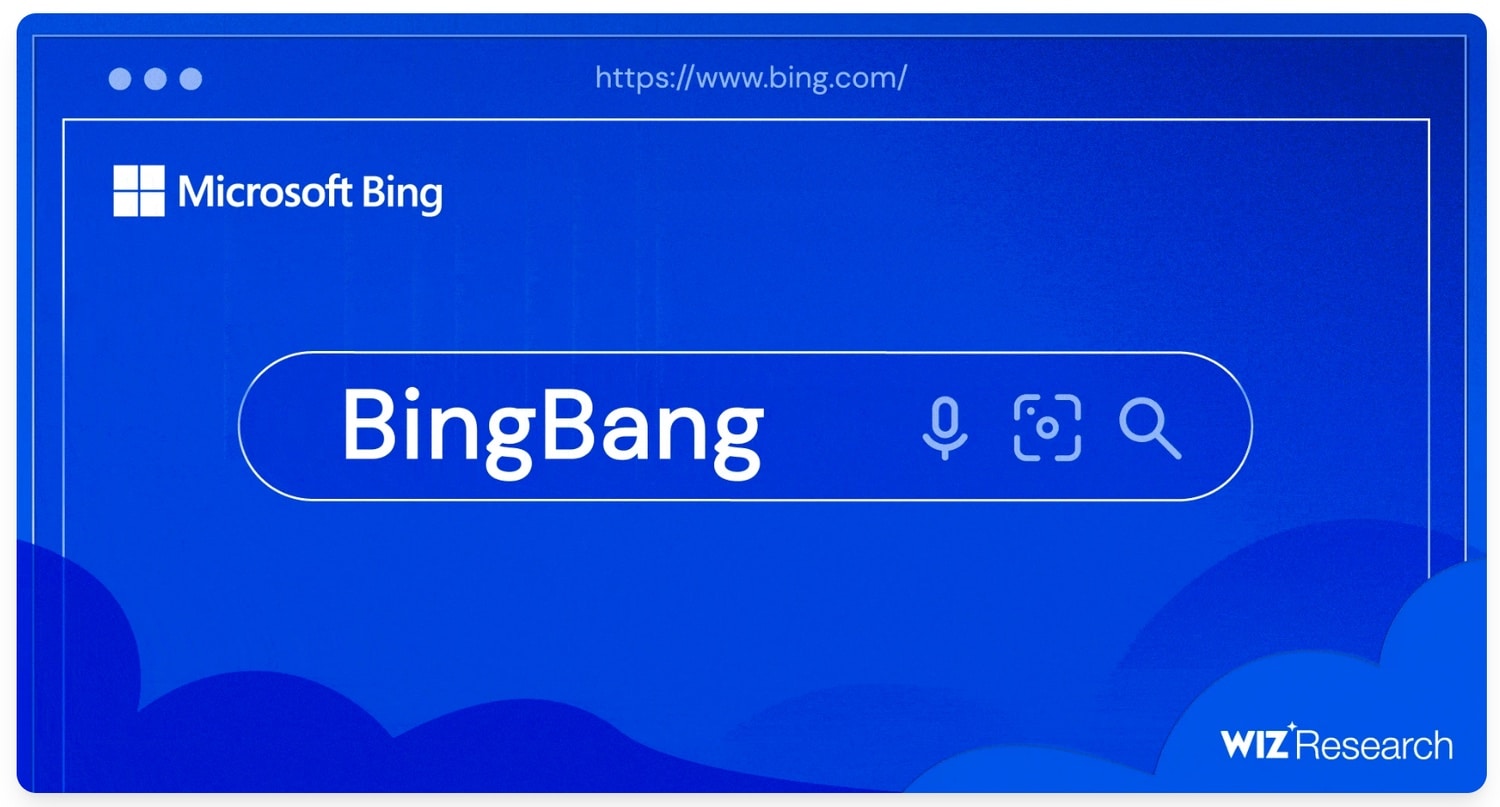
Proton Pass is a new password manager from encryption specialists Proton
Proton, the company behind the security- and privacy-focused Proton Mail and Proton VPN, has launched a beta version of its new password manager.
Going under the unsurprising moniker of Proton Pass, the software is described as "perhaps the first one built by a dedicated encryption and privacy company". What this means in practice is that security is greater than in other password managers, with end-to-end encryption on all fields of forms.

Microsoft and Talon launch enterprise-grade ChatGPT
Enterprise browser specialist Talon Cyber Security has announced that it has integrated its secure enterprise browser with the Microsoft Azure OpenAI Service to provide enterprise-grade ChatGPT access to customers.
This allows organizations to maintain data protection, keeping data put into ChatGPT within their perimeter and preventing it from transferring to third-party services. When using ChatGPT in Azure OpenAI Service, the organization uses its own Azure resources, so sensitive data is not delivered to other locations, improving data security and reducing risk.

Free tool finds sensitive data stored in Google Drive accounts
As cloud and SaaS use grows a major challenge for IT, security and compliance teams is the lack of visibility into their organization's SaaS ecosystem.
Metomic is launching a new, free cybersecurity tool that scans Google Drive accounts to find sensitive data and information lurking in Google Docs and files. After entering a Gmail address and password, Google Drive Risk Report will scan the Google Drive connected to the address and, in a matter of seconds, generate a report.

Microsoft fixes Azure BingBang bug that allowed Bing search hijacking and leaked private data
Microsoft has addressed a serious flaw in Azure Active Directory which was dubbed BingBang by the security researchers that discovered it.
The vulnerability not only made it possible to manipulate Bing search results, but also to access private data from Outlook, Office 365 and Teams. The issue stemmed from an Azure misconfiguration; it dates back to January this year, but Microsoft has only just plugged the hole.

71 percent of employees have sensitive work data on personal devices
Allowing people to use their own devices for work comes with risks. A new report from SlashNext shows that 43 percent of employees were found to have been the target of a work-related phishing attack on their personal devices.
When it comes to securing BYOD hardware, 90 percent of security leaders say that protecting employees' personal devices is a top priority, but only 63 percent say they definitely have the tools to do so adequately.

Microsoft releases emergency updates to address cropped screengrab privacy flaws
Following the discovery of serious vulnerabilities in the Snipping Tool app for Windows 11 and Snip & Sketch in Windows 10, Microsoft has released out-of-band updates to plug the security holes.
The flaws are similar to the recently discovered aCropalypse bug affecting Pixel mobiles, making it possible to "uncrop" cropped images and potentially expose sensitive information. Having briefly tested updates with Windows Insiders, Microsoft has now made fixes available to all Windows 10 and Windows 11 users.

Microsoft fixes serious privacy vulnerability in Windows 11 Snipping Tool... but not for everyone
Earlier this week we learned about a worrying security and privacy flaw in Windows 11's Snipping Tool screen capture app. The way the software saves cropped screengrabs means that it is possible to "uncrop" images, potentially exposing sensitive information.
Acting quickly to address the problem, Microsoft has fixed the vulnerability with a new update. There is just one problem -- the update is not available to everyone, leaving unknown numbers of users at risk.

Windows 11 Snipping Tool has a serious privacy flaw that can expose information cropped out of screenshots
Microsoft Snipping Tool utility has been found to have a vulnerability that means that screenshots that have been cropped can be very easily uncropped, potentially exposing sensitive information.
The Snipping Tool is one of the most useful tools to be found in Windows 11, making it easy to take a variety of screenshots -- and, more recently, record screen activity -- without the need for third-party software. But the way in which the app crops images means that edited images are really just the original screengrab; 'cropped' parts are simply hidden and easily restored.

New platform aims to deliver consumer insights without compromising privacy
The online world means that there is more information available about individuals than ever before. At the same time, however, there's growing concern around tracking and privacy.
A new SaaS platform launched this week by Qudo uses 'zero-party' data shared by consumers in anonymous online surveys, rather than rely on first- and third-party data collected via cookies.

New UK privacy laws aim to cut red tape for business
The UK's new Data Protection and Digital Information Bill is set to reduce costs and burdens for British businesses and charities, and remove barriers to international trade.
We know from when it was first brought before parliament last summer that it will also cut the number of repetitive data collection and cookie pop-ups online.

Ethical web scraping and data rights [Q&A]
Web scraping, automatically harvesting and extracting data from websites, can be a useful tool for businesses to learn about their customers.
But it's easy to fall into the trap of harvesting data just because it's there, leading to information overload not to mention privacy concerns for the consumer. To find out more about web scraping and how it can be used in an ethical way we spoke to founder and CEO of Rayobyte, Neil Emeigh.

Business data at risk from oversharing
Sharing is caring, as the saying goes, but when it comes to business data oversharing is a big problem. A new report from Concentric AI shows the number of overshared files rose 60 percent in 2022 compared to 2021.
Largely this is down to the impact of hybrid remote work, cloud migration and information sprawl across on-premises and cloud data, as well as email and messaging environments on data security.

Three out of four people feel unsafe online -- and cybersecurity doesn't help
A new report finds that even as internet users spend around a third of their lives online, most feel risks are increasing, and cybersecurity is too complex.
The report from F-Secure finds three out of four internet users worry about their safety online, while almost seven out of ten (69 percent) of those surveyed said they don't know who to trust online.

Google launches new security and privacy features to mark Safer Internet Day
Google is using today's Safer Internet Day to announce a number of new security and privacy initiatives.
Among these are new ways to fill out passwords easily and securely in Chrome, more privacy protection for the Google app, improvements to Google Password Manger, and an expansion of SafeSearch to protect against explicit images.

Microsoft insists that the Office-checking KB5021751 update does not infringe on privacy
In the middle of last month, Microsoft released the KB5021751 update to help the company "identify the number of users running out-of-support (or soon to be out-of-support) versions of Office".
Privacy advocates voiced concern about the update, which Microsoft said "will run one time silently without installing anything on the user's device" because of worries about exactly what the slightly secretive check was doing. Now the company has updated support documentation for the KB5021751 update, insisting that there is nothing nefarious about it.
